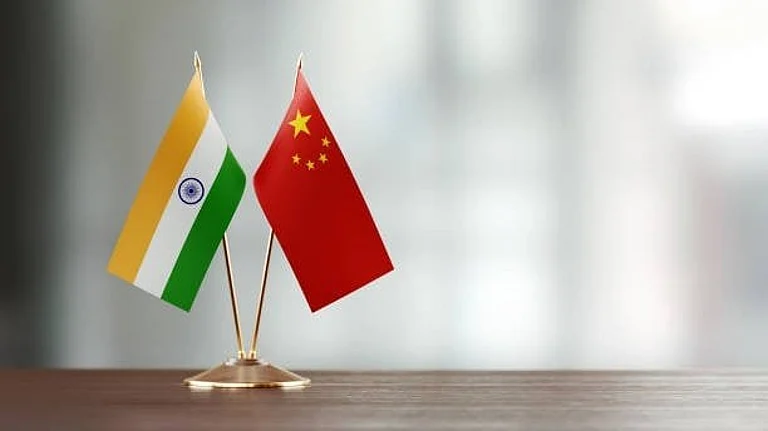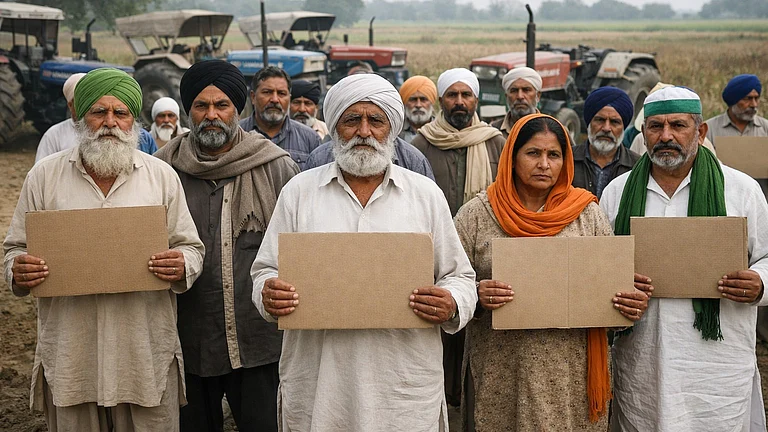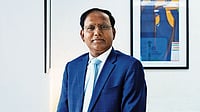Pakistan's government on Tuesday unveiled a plan to revive its ailing economy by capitalising on the country's "untapped potential" in key sectors amid fears of default due to uncertainty over the revival of a stalled loan from the IMF.
The ‘Economic Revival Plan’ was launched at a high-level meeting chaired by Prime Minister Shehbaz Sharif while Chief of Army Staff Gen Asim Munir, provincial chief executives, federal and provincial ministers and senior government officials were in attendance.
According to a statement by the Prime Minister's Office (PMO), the plan “envisages capitalising [on] Pakistan’s untapped potential in key sectors of defence production, agricultural and livestock, minerals and mining, information technology and energy, through indigenous development [and] investments from friendly countries.”
To expedite the progress of projects, it aims to set up a Special Investment Facilitation Council (SIFC) to “act as a ‘single window’ interface for potential investors, as well as to adopt a unified approach,” the statement said.
The SIFC would reduce the cumbersome and lengthy business processes that would be achieved through a “cooperative and collaborative ‘whole-of-the-government-approach’ with the representation of all stakeholders”.
The new body aims to create horizontal-vertical synergy between federation and provinces, facilitate timely decision-making, avoid duplication of effort and ensure swift project implementation.
“The high-ranking participation from federal and provincial governments clearly manifests the national resolve to turn around the economy despite all odds,” the statement read.
In his address on the occasion, the premier said that his government had inherited an economy on the brink of collapse, but “with bold and difficult decisions, it is now being steered towards growth and development”.
Sharif said that export-oriented foreign direct investment was the key to the country’s economic revival, and investors would be given primacy with fast-track approvals through a well-coordinated approach.
Asserting that the expected investments would create jobs and livelihoods for the youth and women, the prime minister said, "The focus should be on empowering [the youth] and females to realise their full potential."
Speaking on the occasion, General Munir said the government had the Army’s “all-out support” in its efforts regarding the economic revival plan, which he said was “considered fundamental for the socioeconomic prosperity of Pakistanis and reclaiming Pakistan’s rightful stature among the comity of nations”.
The move comes as the government faces an uphill task to get a loan from the International Monetary Fund (IMF) under a USD 6.5 billion programme agreed in 2019.
With reserves at critical levels for the past several months, Pakistan was expected to get around USD 1.2 billion from the IMF in October last year as part of the EFF’s ninth review. But almost eight months later, that tranche has not materialised as the Fund says Pakistan has been unable to meet important prerequisites.
The programme is scheduled to end on June 30 with at least USD 2.4 billion still not released by the Washington-based global donor.
It is feared that Pakistan might default on external financing commitments without the active support of the fund.
Pakistan’s economy has been in a free fall mode for the last many years, bringing untold pressure on the poor masses in the form of unchecked inflation, making it almost impossible for a vast number of people to make ends meet.































